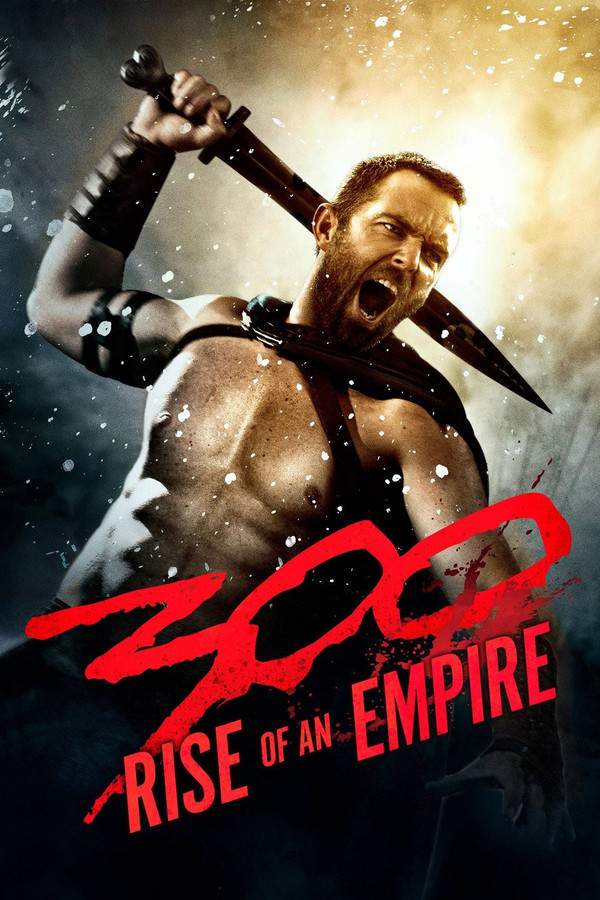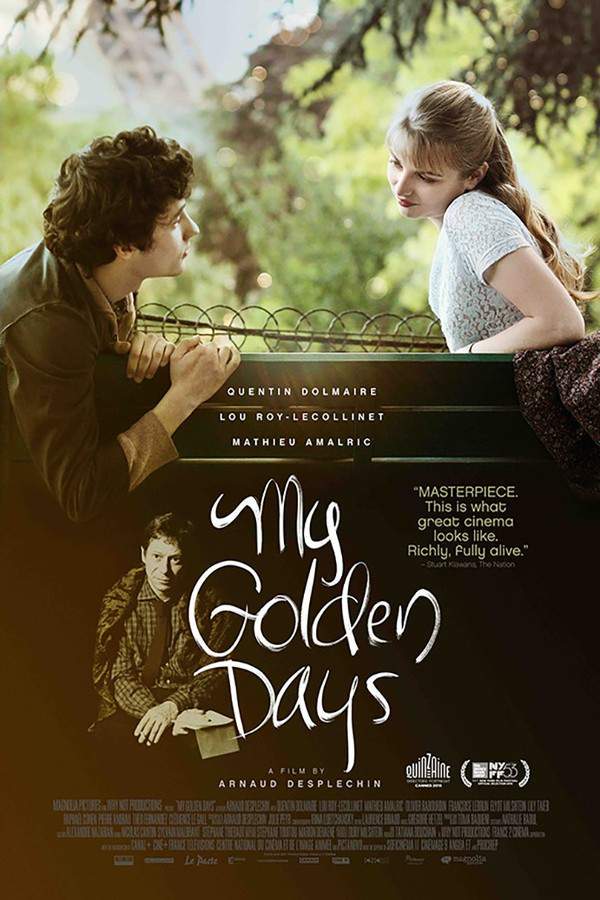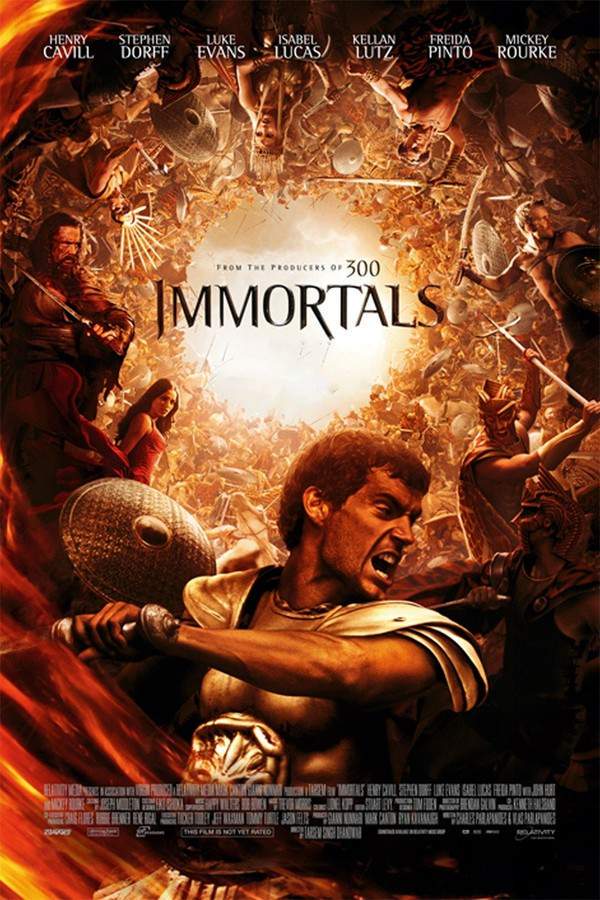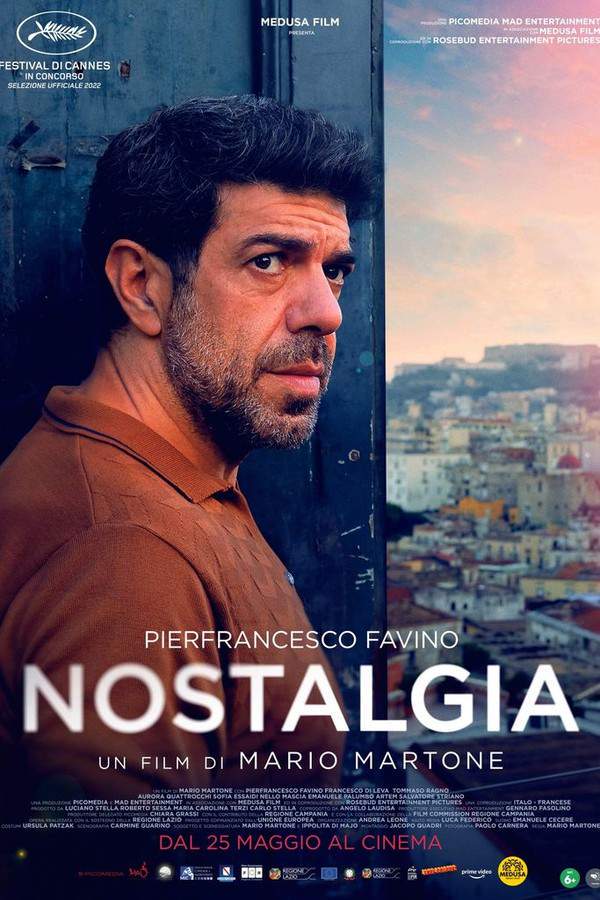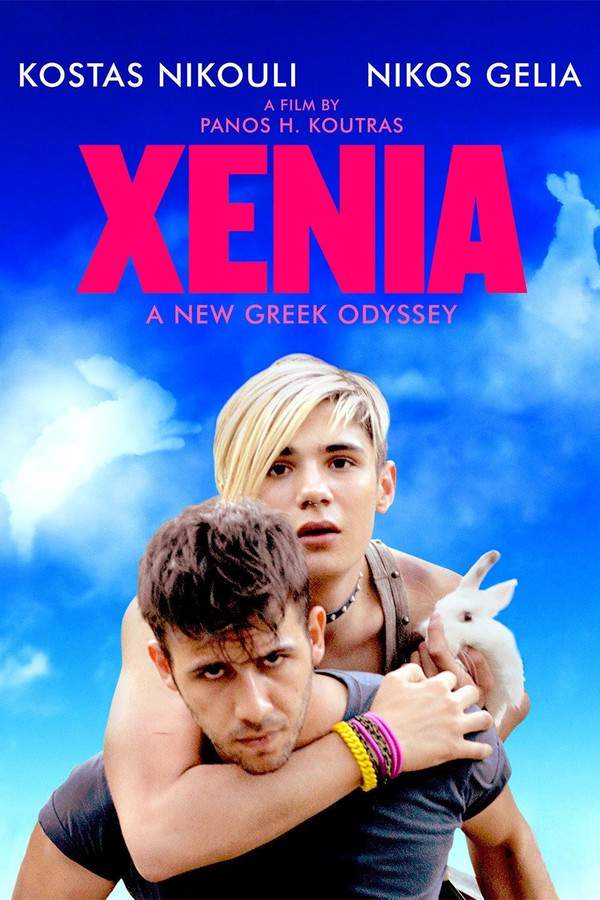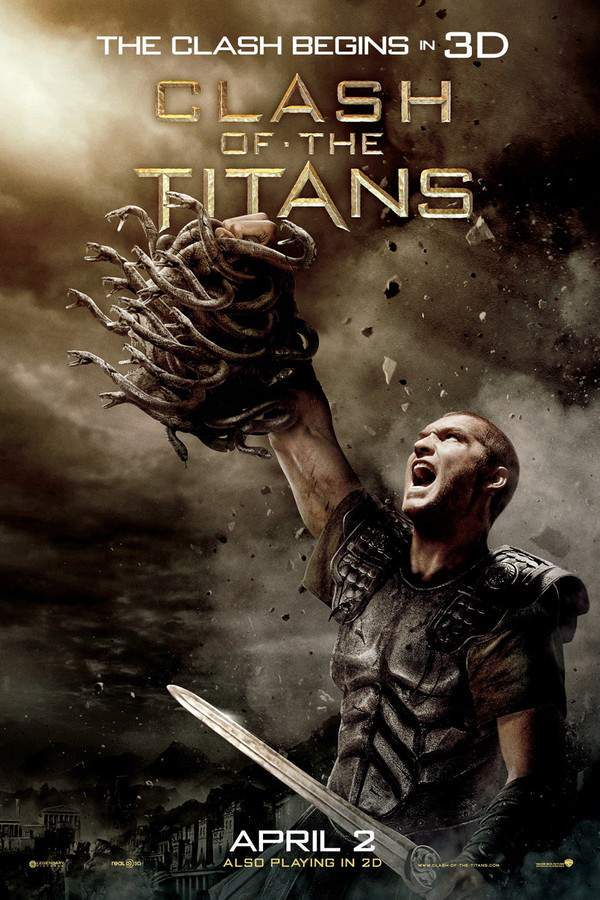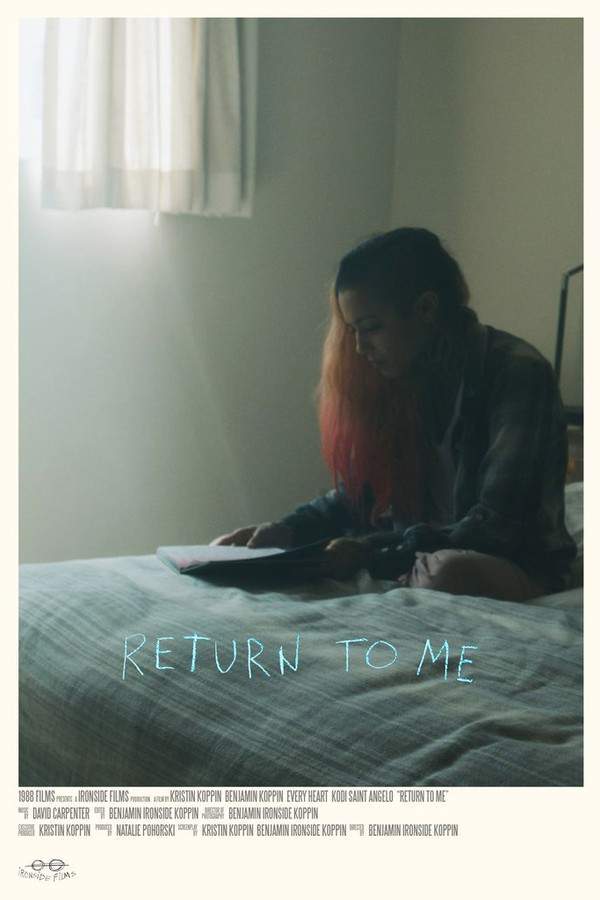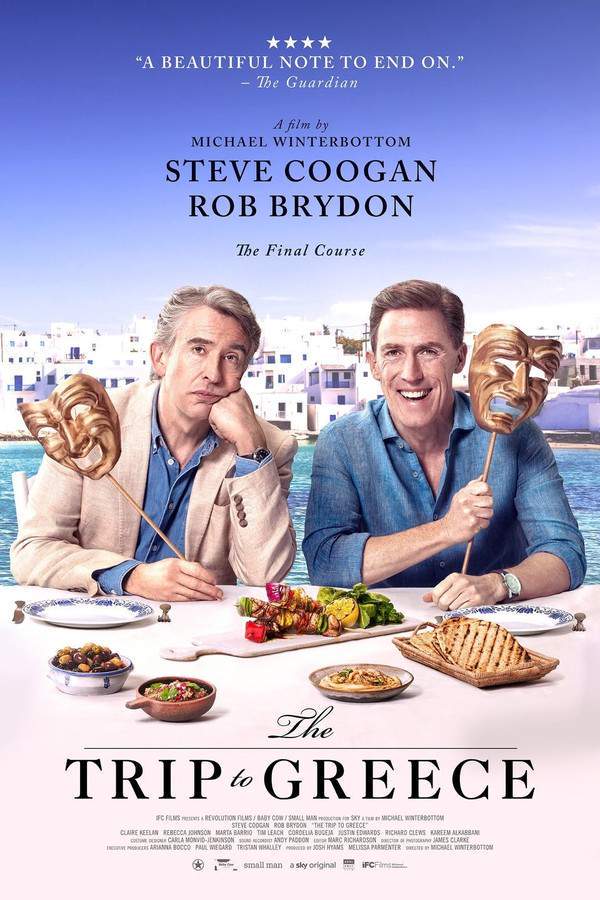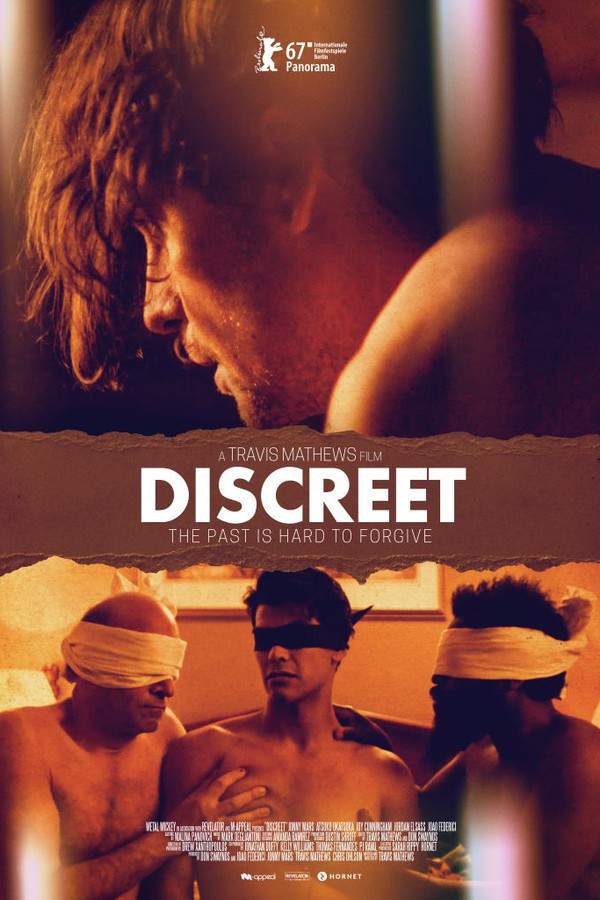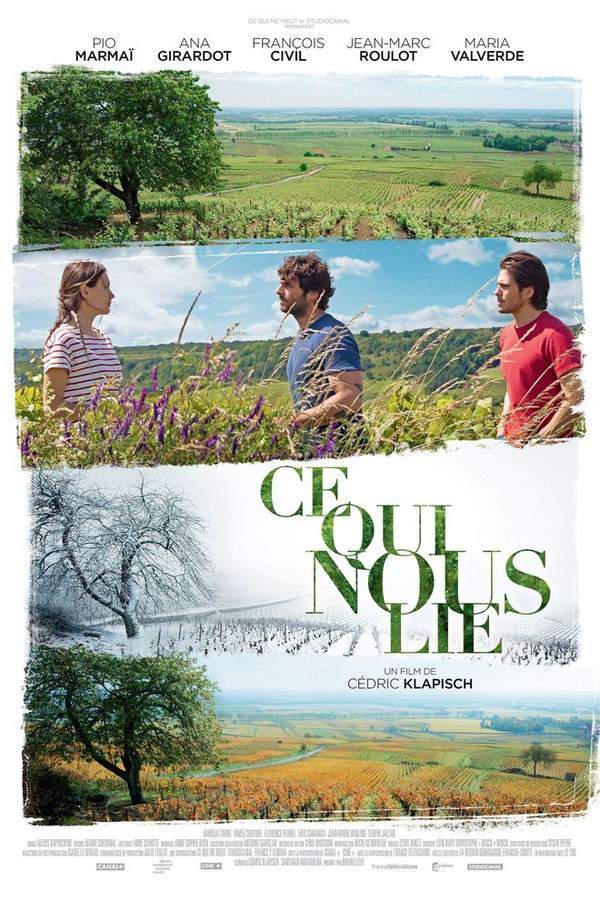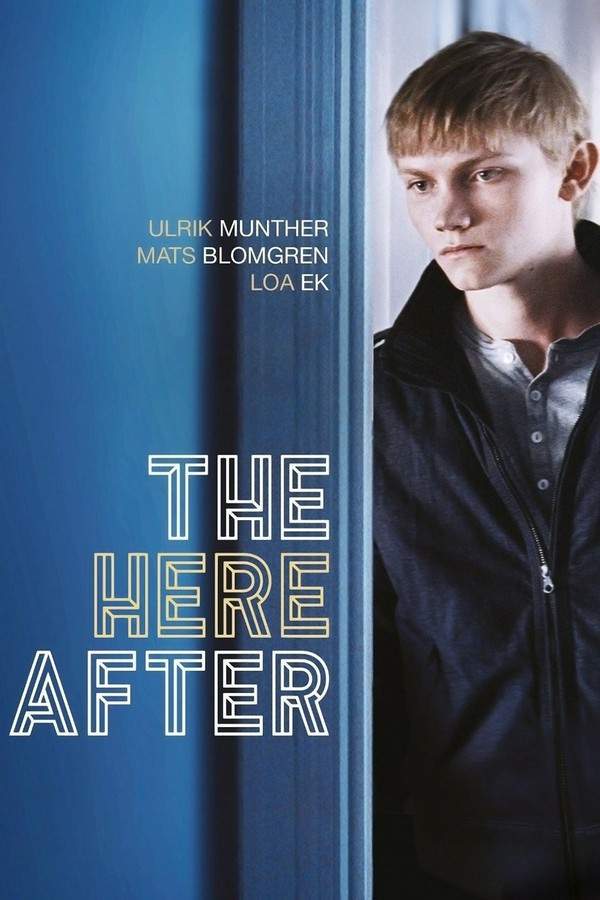The Return 2024
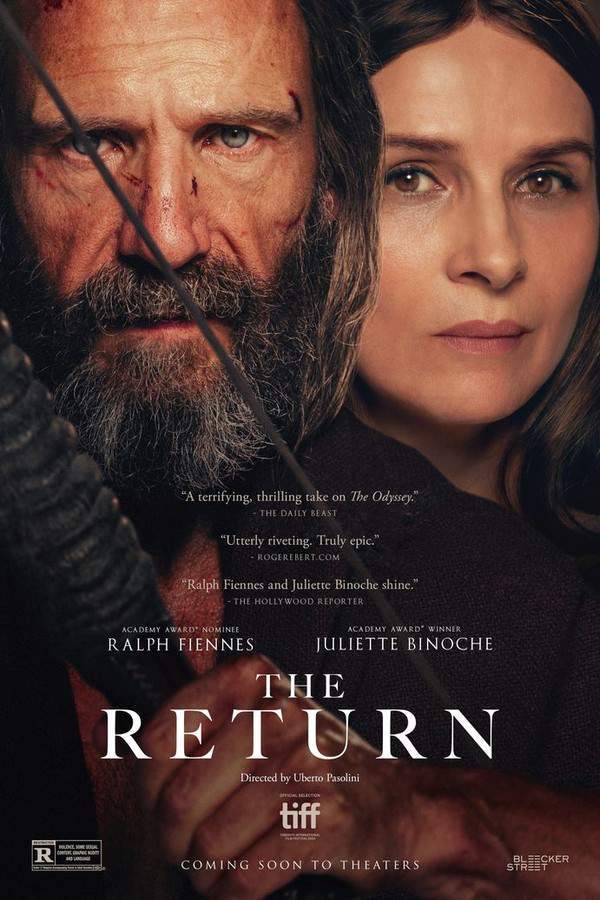
After twenty years away, Odysseus, played by Ralph Fiennes, washes ashore in Ithaca, weary and unrecognizable. Having returned from the Trojan War, he finds his kingdom vastly changed. His wife, Penelope, portrayed by Juliette Binoche, is besieged by suitors who seek to claim the throne and her hand in marriage. Their son, Telemachus, faces a perilous existence.
Does The Return have end credit scenes?
No!
The Return does not have end credit scenes. You can leave when the credits roll.
Meet the Full Cast and Actors of The Return
Explore the complete cast of The Return, including both lead and supporting actors. Learn who plays each character, discover their past roles and achievements, and find out what makes this ensemble cast stand out in the world of film and television.

Tom Rhys Harries
Pisander

Ralph Fiennes
Odysseus

Marwan Kenzari
Antinous

Juliette Binoche
Penelope

Ángela Molina
Eurycleia

Matthew T. Reynolds

Charlie Plummer
Telemachus

Pavlos Iordanopoulos
Stratius

Amir Wilson
Philetius

Jamie Andrew Cutler
Polybus

Claudio Santamaria
Eumeo

Nikitas Tsakiroglou

Jaz Hutchins
Hippotas

Moe Bar-El
Elatus
External Links and Streaming Options
Discover where to watch The Return online, including streaming platforms, rental options, and official sources. Compare reviews, ratings, and in-depth movie information across sites like IMDb, TMDb, Wikipedia or Rotten Tomatoes.
Ratings and Reviews for The Return
See how The Return is rated across major platforms like IMDb, Metacritic, and TMDb. Compare audience scores and critic reviews to understand where The Return stands among top-rated movies in its genre.

The Movie Echo Score
The Return delivers compelling performances and striking visual design, yet its deliberate pacing and familiar plot elements limit its overall impact. The chemistry between the two leads grounds the film in emotional authenticity, and the austere landscapes provide a strong sense of place. However, slow narrative progression and moments of narrative predictability reduce engagement. On balance, the film offers moments of genuine intensity but struggles to maintain momentum across its runtime.
The Movie Echo Score Breakdown for The Return

Art & Craft
In terms of art and craft, the film presents an austere but coherent production aesthetic. The stark costume choices and rugged landscapes reinforce the mythic setting, while occasional editing lulls create uneven rhythm. Cinematography captures raw textures effectively, though desire for more dynamic visual variety persists. Overall, the design feels purposeful but at times restrained.

Character & Emotion
When it comes to character and emotion, the performances imbue the central figures with tangible gravitas. The lead actors convey profound grief and resentment through measured exchanges, establishing palpable chemistry. Despite occasional moments of self-serious delivery, the emotional stakes remain clear throughout. The depth of the protagonists’ bond anchors the narrative and sustains empathetic connection even when pacing slows.

Story & Flow
For story and flow, the narrative offers a familiar arc punctuated by a powerful climax. Slow-build pacing detracts from engagement, and recurring beats feel predictable despite occasional energetic sequences. Plot coherence remains intact, but limited originality hampers sustained interest. Overall, the film’s structure resolves effectively in the final confrontation but often struggles to maintain momentum between key events.

Sensory Experience
In terms of sensory experience, the film employs a stark visual palette and judicious sound design to evoke its ancient setting. The hauntingly sparse score and effective ambient soundscapes enhance tension, while certain sequences leverage rugged textures to reinforce atmosphere. At times, the restrained aural and visual approach undercuts dynamism, yet it consistently supports the story’s austere tone.

Rewatch Factor
When it comes to rewatch factor, the film’s deliberate tempo and familiar narrative elements limit repeat appeal. Memorable performances and a striking final confrontation offer rewarding moments on subsequent viewings, but extended slow passages may diminish overall enjoyment. While viewers may revisit key emotional beats, the film’s steady pacing and predictability reduce its lasting replay value.

66
Metascore
5.8
User Score


78%
TOMATOMETER

77%
User Score

6.2 /10
IMDb Rating

3.1
From 11 fan ratings

0.00/5
Take the Ultimate The Return Movie Quiz
Challenge your knowledge of The Return with this fun and interactive movie quiz. Test yourself on key plot points, iconic characters, hidden details, and memorable moments to see how well you really know the film.
The Return Quiz: Test your knowledge about 'The Return' and its intricate plot involving Odysseus, Penelope, and Telemachus.
What significant event marks Odysseus's return to Ithaca?
Full Plot Summary and Ending Explained for The Return
Read the complete plot summary of The Return, including all major events, twists, and the full ending explained in detail. Explore key characters, themes, hidden meanings, and everything you need to understand the story from beginning to end.
After two decades of relentless warfare and countless hardships stemming from the Trojan War, Odysseus finds himself washed ashore on his beloved island of Ithaca, completely stripped of his former glory. The once formidable warrior-king, portrayed by Ralph Fiennes, is now a mere shadow of his former self, burdened by both psychological and physical scars that reflect the tremendous toll of his journey.
Meanwhile, back in Ithaca, his wife Penelope, played by Juliette Binoche, is trapped within the confines of her own palace, besieged by a horde of greedy suitors eager to claim her hand and the throne. Each day, she faces the pressure of choosing a new husband, a decision that weighs heavily on her heart. The machinations of those surrounding her put her son Telemachus, the offspring of Odysseus and Penelope, in peril as they covet the throne for themselves. Telemachus, portrayed by Charlie Plummer, is grappling with his identity while simultaneously defending against those who threaten his very existence.
As her father-in-law lies on his deathbed, Penelope occupies her hours weaving a burial shroud, telling her avaricious suitors she will not choose a new husband until it is finished. Each night, however, she secretly unravels what she has woven, a clever tactic to buy time. She struggles with the knowledge of her maids’ illicit liaisons with the suitors, which only adds to her distress.
Amidst this turmoil, Telemachus suffers at the hands of the suitors, who demean and torment him daily. In a cruel twist, the suitors discover a man stranded at sea and, believing he has outlived his usefulness, they unceremoniously cast him back. They later hear of a tragedy on land, where a girl is brutally raped and a boy is murdered, further illustrating the decay within the suitors’ ranks. The chief suitor, the polished Antinous, whose character is depicted by Marwan Kenzari, pressures Penelope relentlessly, yet she stands resolute in her refusal.
Upon his arrival ashore, Odysseus is discovered by Eumaeus, the loyal swineherd, who brings him back to the palace. Drained by sorrow and memories of war, he recounts the harrowing experiences of battle and loss. The passing of Odysseus’ father marks a pivotal moment, as the suitors take this opportunity to pester Penelope further, incorrectly asserting that her husband is dead. In her desperation, she offers the suitors an ultimatum, stating she will make the shroud her wedding gown—a cryptic message that leaves her pondering how much longer she can withstand this torment.
In a poignant reunion, Odysseus’ old dog recognizes him as Eumaeus leads him into the palace. Nevertheless, the majority of the suitors show him no compassion; he pleads for food while disguising his identity as a once-great warrior. During a test of strength among the suitors, Odysseus proves his prowess by defeating a giant, showcasing his enduring spirit despite the years of hardship.
A fortuitous encounter occurs when Odysseus speaks with Penelope, yet she ultimately dismisses him. It is only when Eurycleia, Odysseus’ trusted former nursemaid, bathes him and discovers the scar on his leg that the truth of his identity is revealed. He implores her to keep his whereabouts secret.
Telemachus experiences further danger upon his return, as the suitors employ dogs to hunt him down. When the two cross paths, Odysseus knocks his son out for safety before confronting their adversaries. This climactic moment leads to a heroic escape behind a swimming pool, demonstrating the bond between father and son as they navigate through the chaos. Faced with dwindling prospects on Ithaca, Telemachus grapples with emotions of resentment towards Odysseus for his prolonged absence.
As the tension escalates, Penelope is faced with an impending decision regarding the suitors. Antinous catches her unraveling the shroud, a moment that signifies her subversive resistance. She devises a clever challenge: the suitors will wield Odysseus’ legendary bow, attempting to shoot an arrow through a dozen axe heads, mirroring a feat accomplished by her husband. One by one, they fail, until Odysseus himself steps forward, stringing the bow with effortless ease and sending the arrow through the targets. The suitors, realizing their fate, succumb to panic as they face the wrath of a vengeful Odysseus.
An emotionally charged battle ensues, where Odysseus confronts the suitors directly, determined to reclaim his home and protect his family. Telemachus, resisting the instinct to flee, stands valiantly beside his father, defying the surging tide of male aggression that threatens their peace. As Antinous pleads for his life, Penelope’s cries for mercy reach her son’s ears, but he remains resolute, demonstrating the complexities of loyalty and justice.
In the final act of self-discovery, Telemachus opts to embark on a voyage of his own. Back in the palace, Odysseus uncovers that Penelope has been using a bed he has never witnessed before, which leads him to a hidden sanctuary containing their old bed. This revelation underscores the couple’s shared understanding of their tumultuous past. As they reflect on their experiences, they recognize the importance of confronting their past before they can truly begin anew. The story closes with stirring images of Telemachus’ ship meeting a tumultuous sea, symbolizing the relentless journey of memory and survival intertwined with love and loss.
Watch Trailers, Clips & Behind-the-Scenes for The Return
Watch official trailers, exclusive clips, cast interviews, and behind-the-scenes footage from The Return. Dive deeper into the making of the film, its standout moments, and key production insights.
Movie Themes and Keywords
Discover the central themes, ideas, and keywords that define the movie’s story, tone, and message. Analyze the film’s deeper meanings, genre influences, and recurring concepts.
Articles, Reviews & Explainers About The Return
Stay updated on The Return with in-depth articles, critical reviews, and ending explainers. Explore hidden meanings, major themes, and expert insights into the film’s story and impact.
Similar Movies You Should Know About
Browse a curated list of movies similar in genre, tone, characters, or story structure. Discover new titles like the one you're watching, perfect for fans of related plots, vibes, or cinematic styles.
Quick Links: Summary, Cast, Ratings, More

What's After the Movie?
Not sure whether to stay after the credits? Find out!
Explore Our Movie Platform
New Movie Releases (2025)
Famous Movie Actors
Top Film Production Studios
Movie Plot Summaries & Endings
Major Movie Awards & Winners
Best Concert Films & Music Documentaries
© 2025 What's After the Movie. All rights reserved.
















